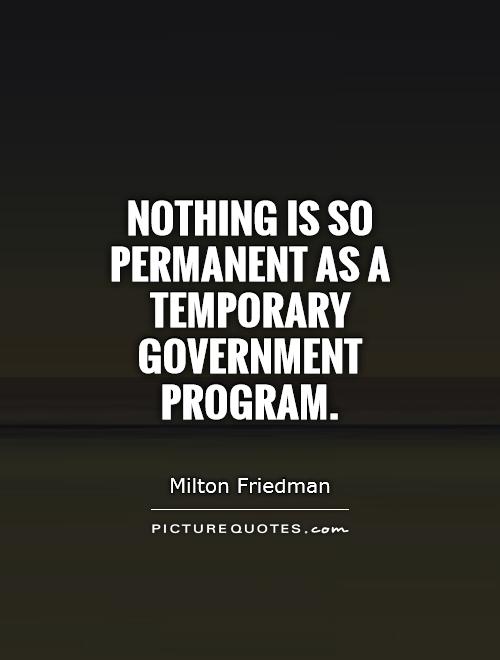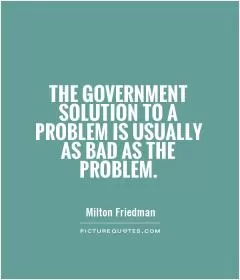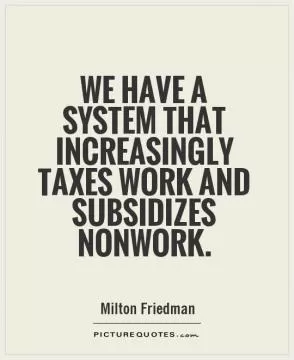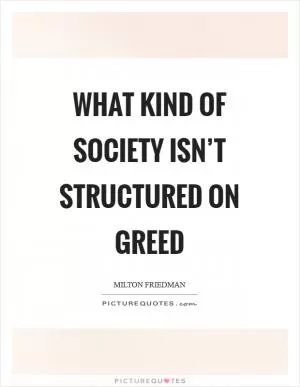Nothing is so permanent as a temporary government program

Nothing is so permanent as a temporary government program
Milton Friedman, a renowned economist and Nobel laureate, once famously said, "Nothing is so permanent as a temporary government program." This statement encapsulates the idea that once a government program is established, it is often difficult to dismantle or eliminate, even if it was intended to be temporary in nature.Friedman's words highlight a common phenomenon in government policy-making, where temporary programs or initiatives are implemented with the intention of addressing a specific issue or problem. However, due to various factors such as bureaucratic inertia, political interests, and public support, these programs often become entrenched and continue to exist long after their intended expiration date.
One of the reasons why temporary government programs become permanent is the concept of "path dependence." Once a program is established and resources are allocated towards its implementation, it creates a vested interest among stakeholders who benefit from its continuation. Bureaucrats, interest groups, and beneficiaries of the program may lobby for its continuation, citing its importance and impact on society.
Furthermore, political considerations also play a significant role in the perpetuation of temporary government programs. Politicians may be reluctant to eliminate programs that are popular among their constituents, as it could harm their chances of reelection. Additionally, the fear of backlash from interest groups or the public may deter policymakers from taking action to dismantle programs, even if they are no longer effective or necessary.
Another factor that contributes to the permanence of temporary government programs is the lack of accountability and oversight in the public sector. Without proper mechanisms in place to evaluate the effectiveness of programs and ensure that they are achieving their intended goals, there is little incentive for policymakers to terminate programs that are no longer serving their purpose.












 Friendship Quotes
Friendship Quotes Love Quotes
Love Quotes Life Quotes
Life Quotes Funny Quotes
Funny Quotes Motivational Quotes
Motivational Quotes Inspirational Quotes
Inspirational Quotes